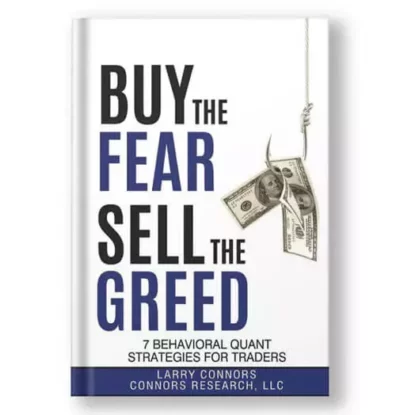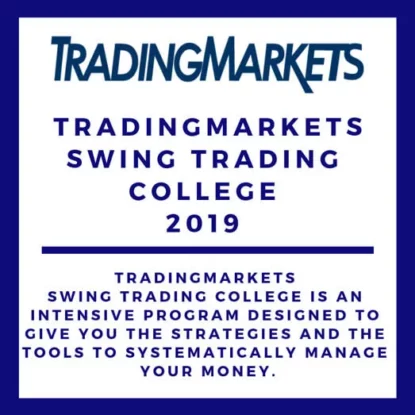Tag: moving averages
We're sorry, but no results were found for your search.
Please try a different query or explore our other content.

NEW! The Alpha Formula: Beat The Market With Significantly Less Risk – PDF Version (No Shipping Cost)
was $79.95
$39.95
Save 50%


